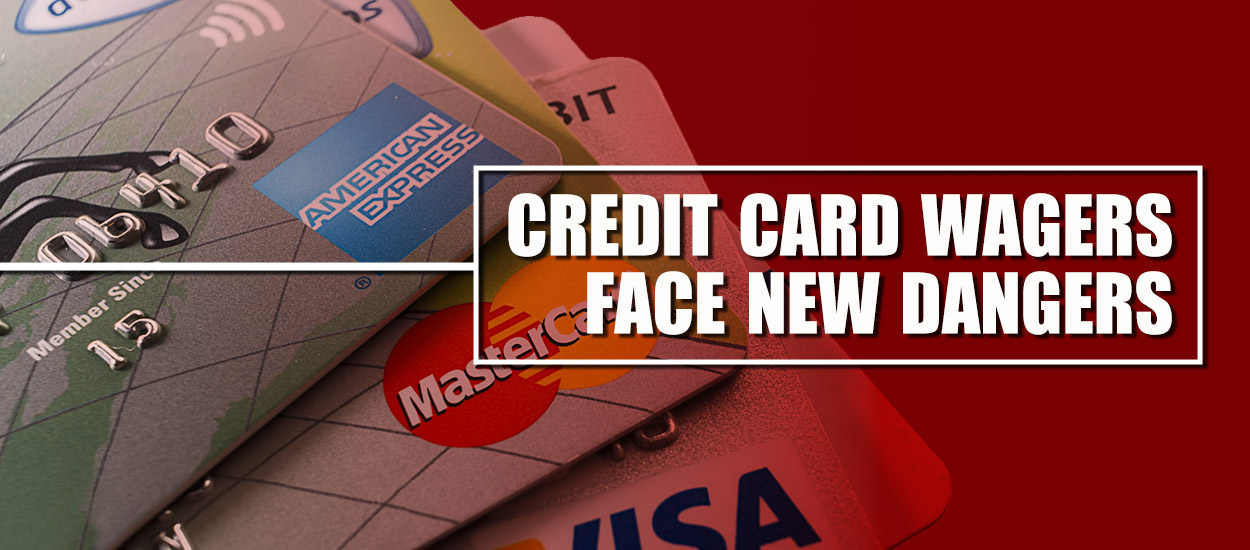I recall vividly as a child around 6 years old, I threatened to run away from home if my parents weren't willing to take me more seriously. With 2 older brothers I often felt rejected and it seemed they were getting more of my parent's attention. The first time I threatened to run away my father sat me down for a long talk to see if we could work out my "issues" and in the end we came to an understanding that made me content for the time being. While we didn't fully resolve all of my concerns the talk did make me feel a bit closer to my parents. Realizing that it worked well the first time, I issued the same threat a few months later when I felt I was being asked to come in from playing too early and while my father talked with me it was for a much shorter time but again we came to an understanding. Two years later I was still threatening but if anything they generated more of a laugh than anything to be taken seriously. Had I actually run away the first or second time, the consequences could have been severe but at least my parents would have understood that to me, the issues were not superfluous and had to really be addressed in a meaningful way. But by refusing to actually act on my threats it got to a point where not only were my threats seen as idle but as I aged, the concerns regarding that threat were also lessened. More importantly it became quickly apparent to my parents that the best way to address my threats was to effectively just ignore them.
The same situation has occurred with Antigua and the WTO ruling. The Antiguan government announced this week that they were going to start acting on the award given to them from the WTO which allowed them to suspend U.S. intellectual property rights to the extent of $21 million a year. For those unfamiliar with the situation, Antigua filed a complaint with the WTO in 2003 arguing that the United States government was in violation of the GATS treaty which the U.S. Trade Representatives (USTR) had signed, which required the U.S. to allow remote gambling services into the U.S. market from foreign entities. The USTR argued to the WTO that they made a mistake by not excluding gambling services when signed the treaty because remote (non physical) gambling was in contradiction to their morals. The WTO courts sided with Antigua because the Interstate Horse Racing Act allowed remote (simulcast) gambling to take place between all U.S. states and even to Canada and the U.K. The WTO thus ordered the U.S. to start allowing remote gambling services or get rid of the Interstate Horse Racing Act. The decision by the USTR was to do nothing and announce that they were in compliance. This did not sit well with Antigua, several other countries that were at risk of losing out on potential revenue by not being allowed to offer remote gambling to the U.S. market or to the WTO who believed their decision was being ridiculed. As a result the U.S. finally announced defeat but instead of complying said that they were going to rewrite their commitments instead. Several countries including Canada, Japan, the EU, Macao, India and Costa Rica sought compensation for that decision but Antigua was also entitled to a separate award for being the plaintiffs in the complaint. Antigua asked for $3.4 billion per year in compensation which they believed was how much they could have received in bets from U.S. residents if impediments weren't put in place and they also asked that it be applied to the suspension of TRIPS (Trade Related aspects of Intellectual Property Rights), since no other tool would get the U.S. to take the issue seriously.
When the WTO made their final judgment they did allow Antigua to use the suspension of TRIPS but only to the tune of $21 million per year which is what the WTO estimated Antigua could have been earning if they weren't blocked from taking bets on U.S. horse racing. The USTR told Antigua they should consider seriously whether they wanted to use that award since it could cause serious ramifications. The amount of the award was disappointing but it could have really caused a melee if Antigua had immediately started offering fully licensed versions of U.S. software, movies, DVDs etc. for pennies per copy. After all, while most large businesses would never purchase a $2 version of Microsoft Office there would be no reason for small businesses and individuals worldwide not to purchase the product since it isn't pirated (per the WTO decision) and if this was taking place at a significant level almost certainly executives from Microsoft, Sony, Apple etc. would have been on the steps of the White House demanding the U.S. settle the issue.
Unfortunately that's where Antigua made a major mistake and lost all credibility, as I had done with my parents. The whole world was on Antigua's side in 2007 when the decision was made and had the country immediately announced they were going to use the decision given to them, as I and hundreds of other industry writers were calling for, they could have forced the United States to actually sit down and come to a resolution that would have made alls sides happy. The absolute worst thing they could have done was to look for a diplomatic solution, since it was clear the USTR believed the ruling was wrong and they had absolutely no intention of addressing it seriously. But that is precisely what Antigua did. So in the following 6 years Antigua threatened over and over to use the decision awarded them but never acted on it. Now 6 years later Antigua is in dire straits and the carrot given to them by the WTO has rotted. To date the U.S. has paid Antigua nothing, the gambling industry in Antigua is for all intents and purposes dead and all the countries that were actually cheering for Antigua to take down the bullying USTR have lost interest. Three years ago I questioned Mark Mendel, Antigua's attorney, why they weren't using the decision awarded them and he implied that the country was concerned about ramifications by the U.S. including a possible travel ban as has been in place with Cuba since the Bay of Pigs incident in the 1960s. Without question that kind of travel ban would have destroyed Antigua's livelihood but almost certainly if the United States tried to introduce such a ban there would have been an outcry from other countries which have not been overly happy with the United States' past record of ignoring WTO rulings. Moreover, it's hard to envision that the U.S. would have taken such extreme measures simply because a country was following a decision which was handed to them by a United Nations entity.
Nevertheless, 2 months ago Antigua had apparently had enough of the diplomacy, buoyed on by the fact that remote gambling has started in Nevada and will soon spread throughout the United States and thus said effectively "now we're serious and we will act." And the only response anyone can really give is "so what?" Some gambling companies still have a presence in Antigua but their main operations are being housed in jurisdictions like Malta, Kahnawake and the U.K. And most gambling companies located in Antigua have left the country for greener pastures or shut down. In fact major players like WSEX were forced into bankruptcy as a result of the U.S.'s methods to cut off payment options for Antiguan gambling establishments, a decision that eventually led to the company's bankruptcy and the company founder Steve Schillinger's decision to take his own life. And it's highly unlikely that any companies would actually be willing to set up shop in Antigua now given the past history of the industry there and also the fact that there are other cheaper alternatives to them like Kahnawake and Malta. So this week Antigua announced its platform for the decision given to them which will be done via a royalty free digital download site for films, music, books and software. Antigua is working with WTO experts in trade law and technology to determine what is the best method to make the maximum benefit of suspending TRIPS. Since Antigua hasn't received any remuneration since 2007 they are entitled to about $150 million in trade compensation from the U.S. So even at market value prices for the products it is significant.
The problem is that the damage is already done. Having spoken not too long ago to people at the USTR it seems clear that they no longer care what Antigua does and it wouldn't be shocking if they actually made a 180 and told Antigua to go ahead and cater to the U.S. market with gambling services excluding sports betting. By all accounts the U.S. was just looking to buy time to establish its own online gambling economy without competition and they have succeeded. By the time Antigua is ready to announce "we're open for business again" the horse would have left the barn because Nevada, New Jersey, Delaware, California etc. will have already set up state run gambling operations and there would be no incentive for Americans to set up accounts with an Antiguan company. It's not a coincidence that the U.S. has stopped arresting offshore operators in the last couple of years because they no longer pose a threat to U.S. casino businesses.
It's unfortunate that Antigua's gambling economy is effectively dead and there's little that can bring it back to life. But really the country has no one to blame but itself. They made the grave mistake of trying to negotiate with a bully and paid the price. As Harvey Firestone once stated; "Never be bullied into silence." It's too bad Antigua didn't follow suit.
Contact Hartley via email at hartley[at]osga[dot]com.
Read insights from Hartley Henderson every week here at OSGA and check out Hartley's RUMOR MILL!







































